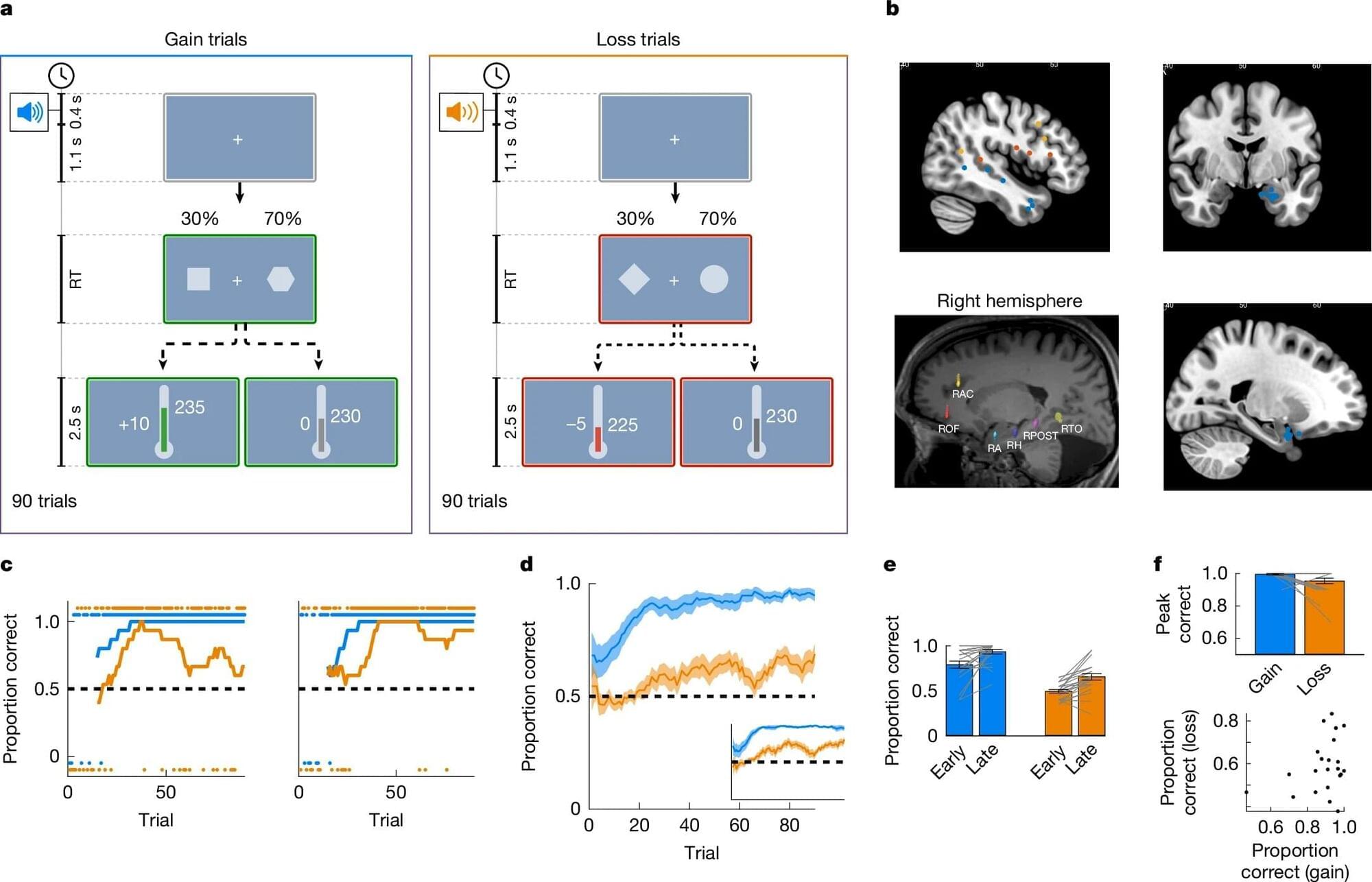Researchers at the Weizmann Institute of Science traced a neural mechanism that explains why humans explore more aggressively when avoiding losses than when pursuing gains. Their work reveals how neuronal firing and noise in the amygdala shape exploratory decision-making.
Human survival has its origins in a delicate balance of exploration versus exploitation. There is safety in exploiting what is known, the local hunting grounds, the favorite foraging location, the go-to deli with the familiar menu. Exploitation also involves the risk of over-reliance on the familiar to the point of becoming too dependent upon it, either through depletion or a change in the stability of local resources.
Exploring the world in the hope of discovering better options has its own set of risks and rewards. There is the chance of finding plentiful hunting grounds, alternative foraging resources, or a new deli that offers a fresh take on old favorites. And there is the risk that new hunting grounds will be scarce, the newly foraged berries poisonous, or that the meal time will be ruined by a deli that disappoints.
